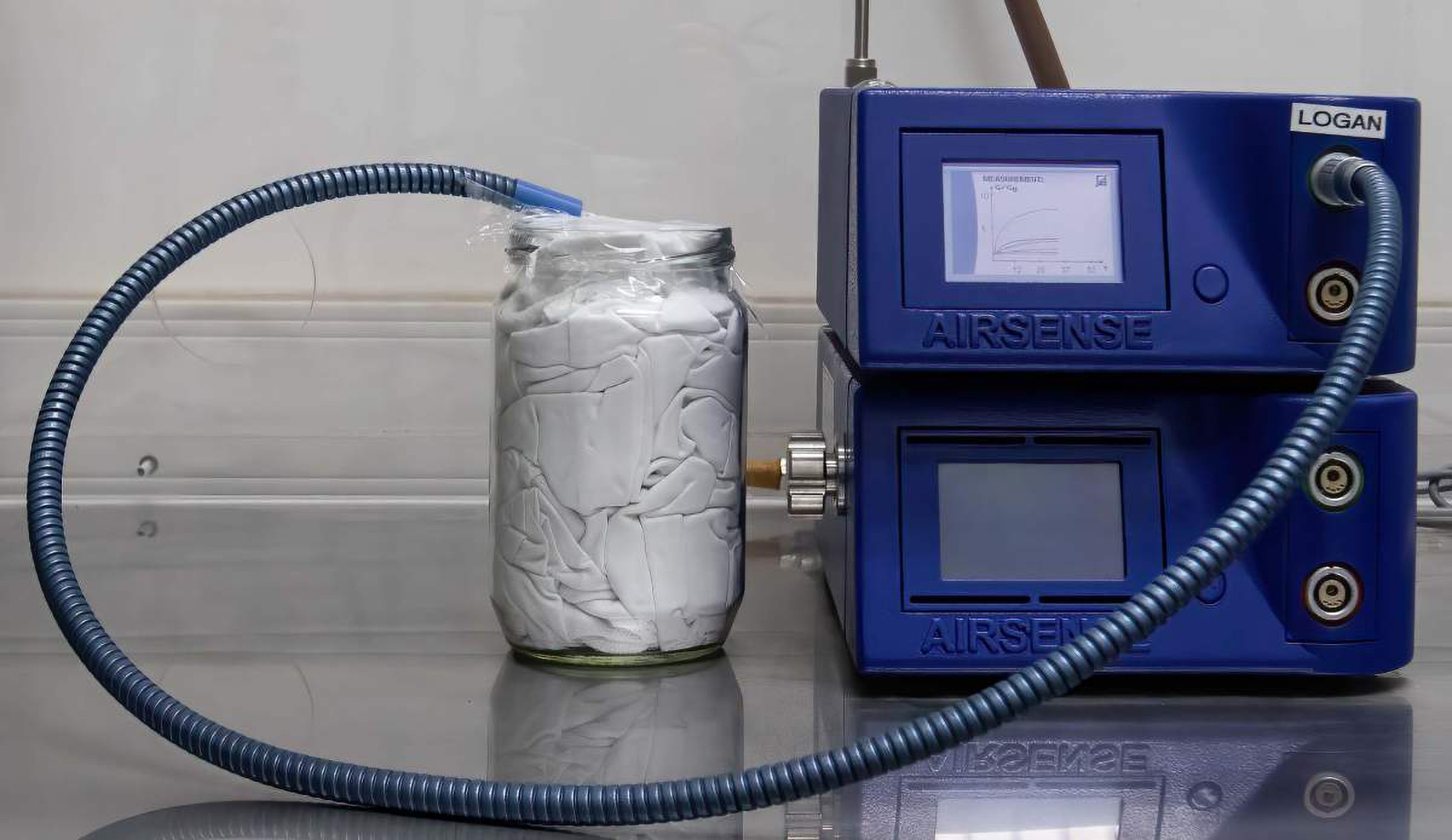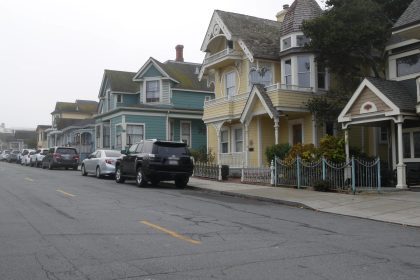
By Joseph Golder
A new study has revealed that people who smell like them may be more likely to become friends.
The study was led by Inbal Ravreby at the Weizmann Institute of Science (WIS), in the city of Rehovot, Israel, on the outskirts of Tel Aviv.
Working at the institute’s Brain Sciences Department – run by Professor Noam Sobel – Ravreby and her colleagues found that people may have a tendency to form friendships with individuals who have a similar body odor.
WIS said in a statement: “The researchers were even able to predict the quality of social interactions between complete strangers by first ‘smelling’ them with a device known as an electronic nose, or eNose.”
They went on: “The sense of smell may play a larger role in human social interactions than previously thought.”
The statement said that the researchers relied on two previously established observations to conduct their study.
They explained: “First, several lines of evidence suggest that humans are constantly, although mostly subconsciously, sniffing themselves.
“Second, humans often subconsciously sniff other people.
“In addition, it’s known that people tend to become friends with others who are similar to themselves in appearance, background, values and even in measures such as brain activity.
“Ravreby hypothesized that when subconsciously sniffing themselves and others, people may be making subliminal comparisons, and that they may then gravitate toward those whose smell is similar to their own.”
The WIS statement went on: “To test her hypothesis, Ravreby recruited pairs of click friends: same-sex nonromantic friends whose friendships had originally formed very rapidly.
“She hypothesized that because such friendships emerge prior to an in-depth acquaintance, they may be particularly influenced by physiological traits such as body odor.
“She then collected body odor samples from these click friends and conducted two sets of experiments to compare the samples with those collected from random pairs of individuals.
“In one set of experiments, she performed the comparison using the eNose, which assessed the chemical signatures of the odors.
“In the other, she asked volunteers to smell the two groups of body odor samples in order to assess similarities measured by human perception.
“In both types of experiments, click friends were found to smell significantly more like each other than did the individuals in the random pairs.
“Next, Ravreby wanted to rule out the possibility that body odor similarity was a consequence of click friendships, rather than a contributing cause.
“For example, what if the friends had a similar smell because they ate the same types of food or shared other life experiences that influence body odor? To address this issue, Ravreby performed an additional set of experiments, in which she used an eNose to ‘smell’ a number of volunteers who were complete strangers to one another, and then asked them to engage in nonverbal social interactions in pairs.”
The participants then rated the other individual, stating how much they liked them and how likely it would be that they would become friends.
The statement explained: “Subsequent analysis revealed that the individuals who had more positive interactions indeed smelled more like each other, as determined by the eNose.
“In fact, when Ravreby and statistician Dr. Kobi Snitz entered the data into a computational model, they were able to predict with 71 percent accuracy which two individuals would have a positive social interaction, based on eNose data alone. In other words, body odor appears to contain information that can predict the quality of social interactions between strangers.”
Ravreby said: “These results imply that, as the saying goes, there is chemistry in social chemistry.”
And Sobel added: “This is not to say that we act like goats or shrews – humans likely rely on other, far more dominant cues in their social decision-making.
“Nevertheless, our study’s results do suggest that our nose plays a bigger role than previously thought in our choice of friends.”
The study was published in the academic journal Science Advances on June 24 under the title ‘There Is Chemistry in Social Chemistry’.
It was authored by Inbal Ravreby, Kobi Snitz and Noam Sobel.
Recommended from our partners
The post I Like Pew: People Who Smell Alike Are More Likely To Be Pals, Says Study appeared first on Zenger News.










